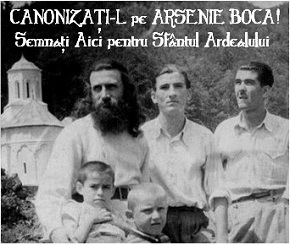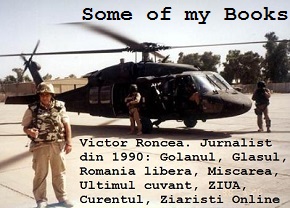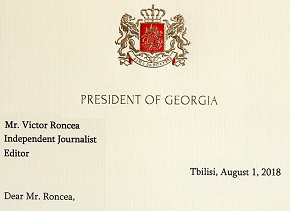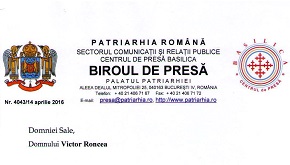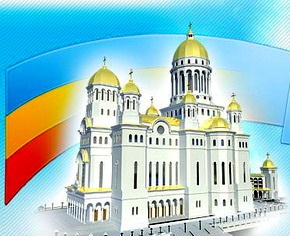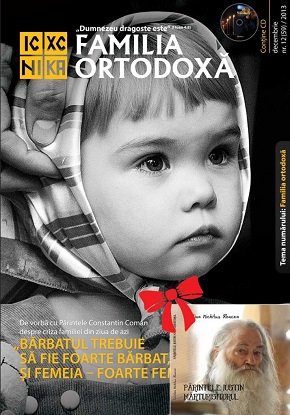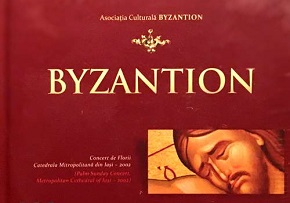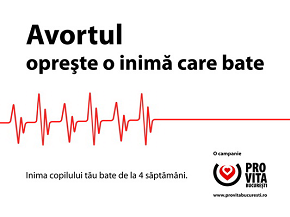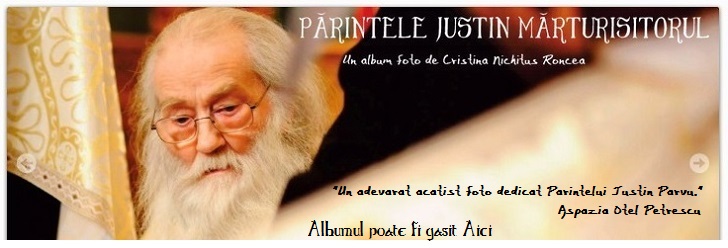 Cand m-au declarat “persona non-grata” si mi-au interzis accesul in Ucraina, in 2000, securistii ucraineni mi-au reclamat la interogatoriul de la granita si ca am scris despre cazul Gongadze “impotriva presedintelui”. Animalele…
Cand m-au declarat “persona non-grata” si mi-au interzis accesul in Ucraina, in 2000, securistii ucraineni mi-au reclamat la interogatoriul de la granita si ca am scris despre cazul Gongadze “impotriva presedintelui”. Animalele…
UKRAINE-GONGADZE/VERDICT (TV, PIX):Ukraine court convicts three for killing reporter
By Sabina Zawadzki
KIEV, March 15 (Reuters) – A Ukrainian court convicted three former policemen on Saturday for the killing in 2000 of an investigative journalist and prominent critic of then president Leonid Kuchma.
Georgy Gongadze, a Georgian working in Ukraine, wrote of political corruption and criminality at a time when the authorities in the former Soviet state kept a tight grip over the media.His headless corpse was discovered in woods near Kiev two months after he disappeared in September 2000. His head was never found.The former policemen went on trial in December 2005, after years of investigations, the 2004 “Orange Revolution” that ushered in a pro-Western government, and accusations that Kuchma himself was involved in the murder. The former president has always denied the accusations.
A court in Kiev sentenced Mykola Protasov to 13 years in jail, and Valeriy Kostenko and Oleksandr Popovych to 12 years. Two of the middle-aged men were in a barred cage in court when the verdict was delivered, while the other sat handcuffed in a separate part of the room. A fourth suspect in the case is on the run, and the court has never said who it believed had ordered the murder.
“Although we are not going to appeal, it’s difficult to say that we are happy,” Valentyna Telychenko, lawyer for Gongadze’s family, told journalists outside court.” Such a serious punishment of former policemen does not mean that the authorities should not find the people who ordered the policemen — people who should be fighting crime — to commit crimes,” she said.
Georgy Gongadze, a Georgian working in Ukraine, wrote of political corruption and criminality at a time when the authorities in the former Soviet state kept a tight grip over the media.His headless corpse was discovered in woods near Kiev two months after he disappeared in September 2000. His head was never found.The former policemen went on trial in December 2005, after years of investigations, the 2004 “Orange Revolution” that ushered in a pro-Western government, and accusations that Kuchma himself was involved in the murder. The former president has always denied the accusations.
A court in Kiev sentenced Mykola Protasov to 13 years in jail, and Valeriy Kostenko and Oleksandr Popovych to 12 years. Two of the middle-aged men were in a barred cage in court when the verdict was delivered, while the other sat handcuffed in a separate part of the room. A fourth suspect in the case is on the run, and the court has never said who it believed had ordered the murder.
“Although we are not going to appeal, it’s difficult to say that we are happy,” Valentyna Telychenko, lawyer for Gongadze’s family, told journalists outside court.” Such a serious punishment of former policemen does not mean that the authorities should not find the people who ordered the policemen — people who should be fighting crime — to commit crimes,” she said.
The murder, sparking rare protests, marked a turning point in Kuchma’s 10-year presidency of the country which became independent after the collapse of the Soviet Union in 1991.
In the last four years of his term, the opposition — which included today’s President Viktor Yushchenko and Prime Minister Yulia Tymoshenko — grew stronger and demonstrations increased culminating in the 2004 protests against election fraud.
Kuchma, who was questioned by investigators about the murder, was linked to the death by recordings of conversations which a former bodyguard said he made in his office.
Voices similar to Kuchma’s and that of Yuri Kravchenko, interior minister at that time, were heard discussing ‘how to deal with’ Gongadze. The tapes were not admitted as evidence in the case.(Editing by Keith Weir)
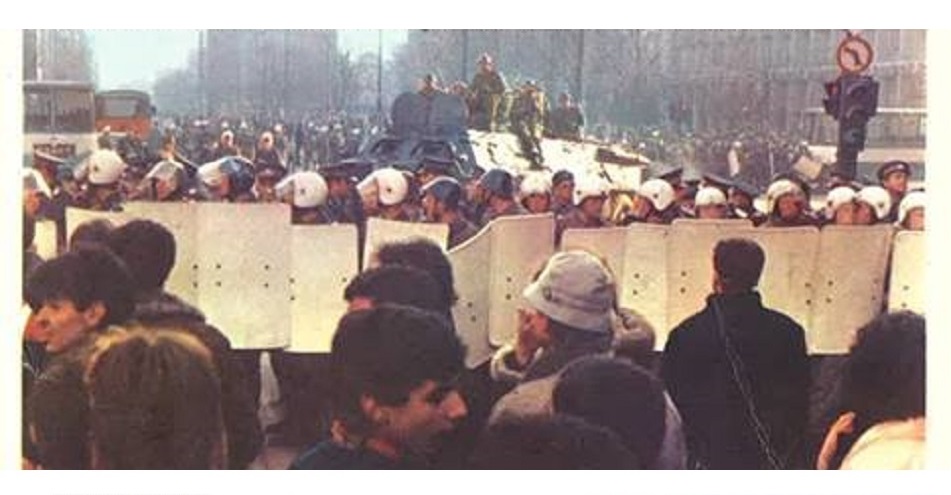
 March 17th, 2008
March 17th, 2008  VR
VR 
 Posted in Uncategorized
Posted in Uncategorized  Tags:
Tags: 






